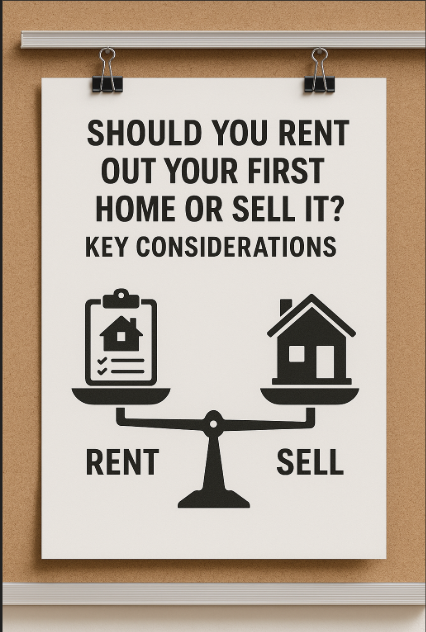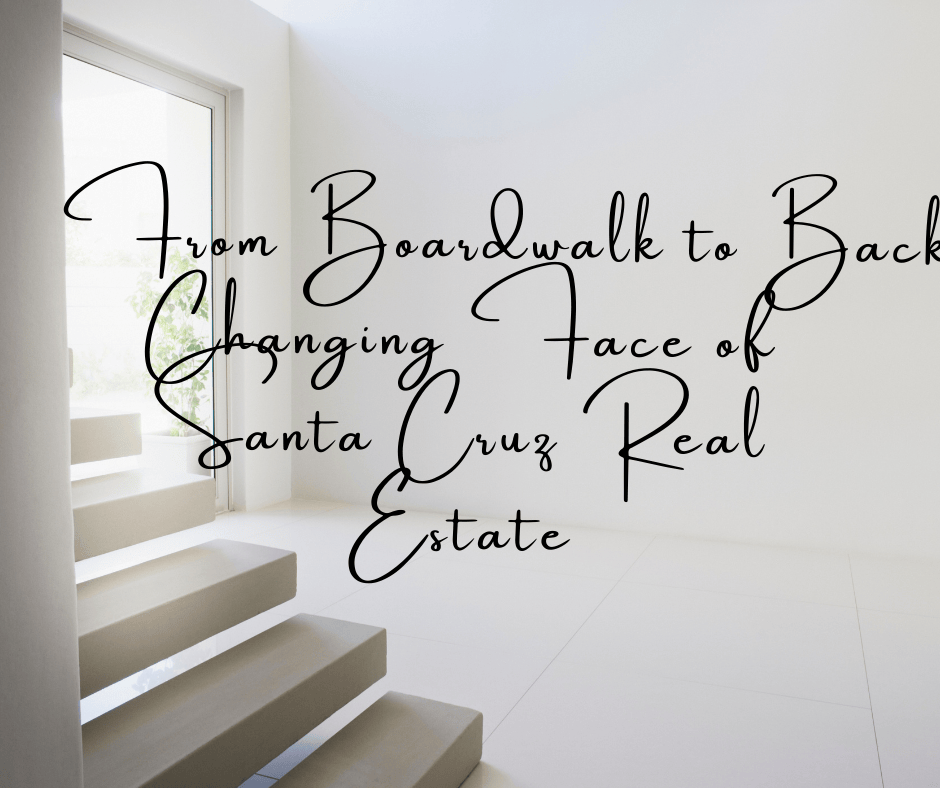Buying your first home is a major milestone. But as life changes whether due to job relocation, expanding family needs, or a desire to upgrade, many homeowners face the inevitable question: Should I sell my first home or turn it into a rental property?
This decision can have significant financial, emotional, and long term consequences. Understanding the key factors that go into choosing between renting and selling can help you make the best decision based on your personal and financial goals.
Introduction to Renting vs. Selling Your Home.
There’s no universal answer to whether renting or selling your first home is better; it depends on a variety of individual circumstances. Renting allows you to potentially build long term wealth through monthly income and property appreciation. On the other hand, selling might provide a lump sum that can be used for a down payment on a new home, paying off debt, or investing elsewhere.
Before making your decision, it’s essential to understand the market conditions, financial implications, lifestyle considerations, and long term goals.
Factors to Consider Before Deciding to Rent or Sell.
1. Understanding the Current Real Estate Market.
The first step in your decision making process should be assessing your local real estate market. Consider:
- Is it a seller’s market?
- Are home values in your area at or near their peak?
- Is rental demand high?
In hot markets like Silicon Valley or San Francisco, property values have appreciated significantly. If you can sell for a high price and walk away with a strong return, that may be a compelling reason to sell. On the flip side, rising rents and long term housing demand can make renting a very attractive wealth building option.
2. Your Financial Situation and Goals.
Take an honest look at your finances:
- Do you need the equity in your home for a down payment on your next home?
- Can you afford two mortgages if needed?
- Do you have enough cash reserves for maintenance and repairs?
Your financial goals should also guide your decision. If you’re aiming for long term passive income, real estate can be a great vehicle. If your priority is liquidity or reducing debt, selling might be smarter.
Advantages of Renting Your Home.
1. Ongoing Passive Income.
A well located home in a high demand area can generate steady rental income. This could supplement your monthly cash flow, help pay the mortgage, or serve as an extra source of savings and retirement funding.
2. Property Appreciation.
Even after you move out, your property may continue to increase in value. By renting it out, you benefit from both appreciation and income over time.
3. Tax Benefits.
You may be able to deduct mortgage interest, property taxes, insurance, maintenance costs, and even depreciation reducing your taxable rental income. Consult a tax advisor for specific details.
4. Portfolio Diversification.
If you plan to build wealth through real estate, keeping your first home as a rental can be a strategic investment property and a start toward building a portfolio.
Disadvantages of Renting Your Home.
1. Landlord Responsibilities.
Being a landlord comes with work: repairs, tenant screening, lease management, and sometimes legal issues. If you’re not prepared to manage this yourself or hire a property manager, the stress could outweigh the benefits.
2. Vacancy and Income Risk.
You may experience gaps between tenants or have renters who miss payments. These risks can put pressure on your finances especially if you rely on that income for other expenses.
3. Wear and Tear.
Renters may not treat your property with the same care as an owner. Over time, this could lead to higher maintenance costs and reduce the home’s value.
4. Capital Gains Exclusion Limit.
If you convert your home into a rental and then sell it years later, you may no longer qualify for the homeowner capital gains exclusion. Selling now might lock in tax free gains.
Benefits of Selling Your Home.
1. Access to Equity.
Selling gives you access to the built up equity in your home, which can be used for your next down payment, paying off debt, or investing in other assets.
2. Simplicity and Less Responsibility.
Selling eliminates the need to manage tenants, repair issues, or navigate landlord tenant laws. This is especially appealing if you’re relocating far away or don’t want ongoing responsibilities.
3. Capital Gains Tax Exemption.
If the home was your primary residence for at least two of the last five years, you can exclude up to $250,000 of capital gains from federal taxes.
4. Avoiding Market Uncertainty.
If you believe home values might decline or that interest rates will reduce demand, selling now allows you to cash out at a high point.
Drawbacks of Selling Your Home.
1. Missing Out on Future Appreciation.
If your neighborhood continues to appreciate or if rental demand increases, you could miss out on future profits by selling too soon.
2. Limited Long Term Cash Flow.
Once you sell, the income potential from that property ends. A well managed rental could offer decades of recurring income, especially in a market like the Bay Area.
3. Selling Costs.
Agent commissions, closing costs, possible repairs, and taxes can eat into your net proceeds from a sale.
Long-Term Implications of Renting vs Selling.
When considering your decision, think long term:
- Do you want to become a real estate investor and build wealth through rental income?
- Will holding onto this property limit your ability to buy another one?
- Is this home in a growing or gentrifying neighborhood that may offer more value down the road?
Also consider your lifestyle. Are you ready for the time and effort it takes to be a landlord? If not, can you hire a good property manager?
Conclusion
Ultimately, the decision to rent or sell your first home depends on a mix of financial readiness, lifestyle goals, and market conditions.
Choose to rent out your home if:
- You want to build passive income and long term wealth.
- You’re comfortable managing landlord duties.
- You don’t urgently need the equity tied up in the home.
Choose to sell your home if:
- You need the cash for your next move or financial goals.
- You want to avoid the risks and responsibilities of being a landlord.
- The current market gives you a strong return on your investment.
Whichever option you choose, consult with a real estate agent, tax advisor, and financial planner to evaluate the risks and rewards in the context of your unique situation. By aligning your choice with your financial and lifestyle priorities, you can make a smart, confident move toward your next chapter.
If this article sparked your interest, these resources are worth a look:
Should I Sell My House or Rent It Out in 2025?- https://smartasset.com/investing/should-i-sell-my-house-or-rent-it-out
Renting vs Selling: Which is Best for Your Property in 2025?- https://prked.com/post/renting-vs-selling-property-2025
Should I Rent or Sell My Home in 2025?- https://jvmproperty.com/blog/should-i-rent-or-sell-my-home-2025
Should You Sell Or Rent Your House In 2025?- https://www.rexmont.com/blog/should-you-sell-or-rent-your-house-in-2025/








Leave a Reply